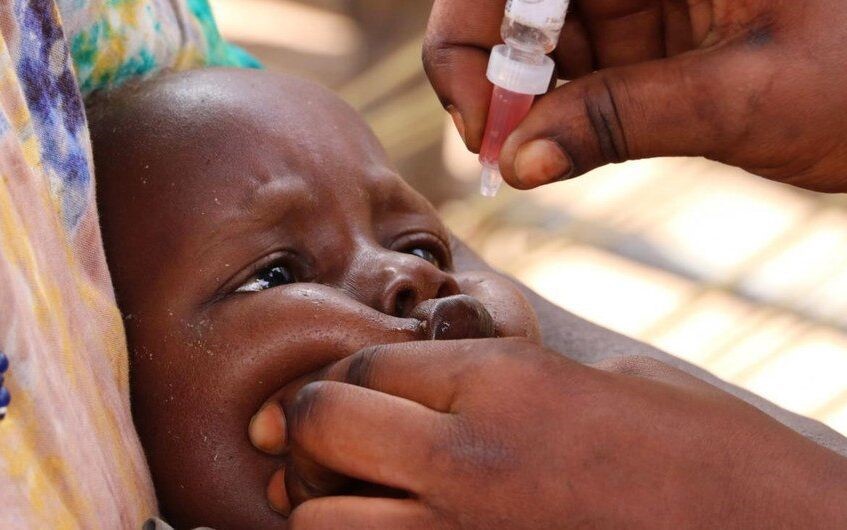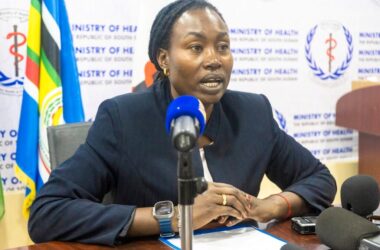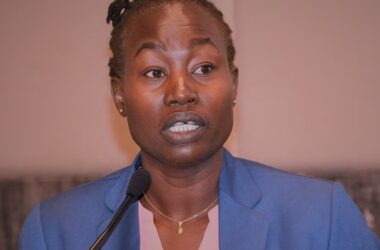By Philip Buda Ladu
On World Polio Day, the United States Embassy in South Sudan urged the Transitional Government of National Unity to allocate more public resources towards addressing urgent healthcare needs, including eradication of polio.
In a press release extended to this outlet, the embassy highlighted the ongoing threat of polio in South Sudan, citing historical outbreaks and persistent transmission as major concerns.
The embassy further underscored the United States’ longstanding commitment to supporting polio eradication efforts in South Sudan through the U.S. Agency for International Development (USAID).
Over two decades, USAID has provided $46 million to fund polio surveillance, outbreak response, and vaccine delivery.
Despite these efforts, ongoing polio transmission persists due to factors such as cross-border conflict and the government’s failure to address underlying health issues.
While acknowledging the challenges, the embassy emphasized that many factors contributing to polio outbreaks are exacerbated by the failures of leaders.
The U.S Embassy stressed that the government’s inaction in paying health workers’ salaries and relying heavily on donor assistance has contributed to disease outbreaks.
“We call on the South Sudan Transitional Government to respond to the needs of the South Sudanese people by using public revenue transparently to vaccinate children against polio and other preventable diseases,” the U.S. Embassy echoed in its statement.
The embassy’s statement underscores the importance of government leadership and investment in public health to combat polio and other diseases in the country arguing that it is essential to safeguarding the health and well-being of the South Sudanese people.
South Sudan’s polio eradication campaign has made significant progress in recent years, with high polio vaccination coverage and the eradication of wild poliovirus
In February 2024, the government in collaboration with its health partners launched a nationwide polio campaign aiming at vaccinating 3.1 million children using the novel oral polio vaccine type 2.
The country conducts four rounds of supplementary immunization campaigns each year, targeting all children under five years old. During these campaigns, children receive two drops of the polio vaccine, regardless of their previous vaccination status.
The World Health Organization (WHO), the UN Children’s Fund (UNICEF), and other partners support South Sudan’s polio eradication campaign.




